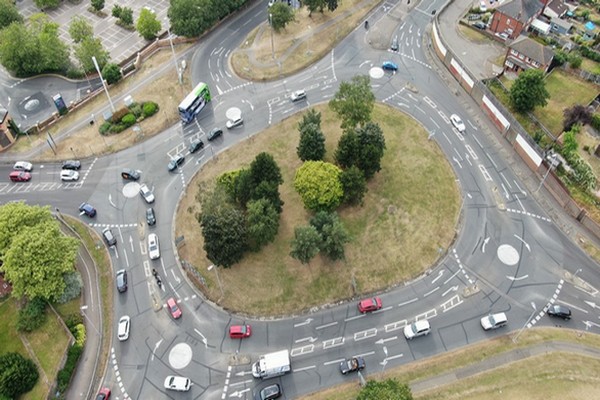1. INTRODUCTION - basic terms: program, algorithm, compilation, debugging, variable, identifier, data type, declaration, syntax, machine code, expressions, constants, fields, inputs, outputs, commands, cycles, conditions, functions.
2. Algorithm and its properties, algorithm notation, flowcharts, errors in algorithms, examples of algorithms, sequences, branches, cycles. Creating simple algorithms.
3. Basics of working with Matlab: User interface, help, variables, variable names, commands for working with variables, working with numbers, real numbers, rounding.
- demonstration of simple matching algorithms (using variables, numbers)
4. Basics of working with Matlab: Vectors, generating arithmetic sequences, working with data, logical variable, true, false, relational operators, logical operators, function for determining the validity of conditions
- demonstration of simple matching algorithms (using vectors, logic operations, ...)
5. Basics of working with Matlab: Matrices and vectors - input of matrices and vectors, functions for creating matrices, working with parts of matrices and vectors, operations with matrices and vectors, number of elements, dimension of matrix, manipulation with matrices
- demonstration of simple matching algorithms (using matrices, vectors, ...)
6. Programming in Matlab: scripts, functional M-files, inputs and outputs, programming structures, conditional statements, cycles, switch, break and continue in cycles
7. Programming in Matlab: Functions and their calls - elementary mathematical functions, definitions of functions, constants and special variables. Program Debugging.
8. Realization of various types of algorithms in Matlab (sequence, branching, cycles, switch)
9. Sorting algorithms and their realization in Matlab
10. Graphs in Matlab: Plotting a graph, plotting multiple graphs at once, setting a graph
11. Processing type tasks. Work on individual programs.
12. Processing type tasks. Work on individual programs.
13. Processing of type tasks. Work on individual programs.
14. Credit programs, course credits.
2. Algorithm and its properties, algorithm notation, flowcharts, errors in algorithms, examples of algorithms, sequences, branches, cycles. Creating simple algorithms.
3. Basics of working with Matlab: User interface, help, variables, variable names, commands for working with variables, working with numbers, real numbers, rounding.
- demonstration of simple matching algorithms (using variables, numbers)
4. Basics of working with Matlab: Vectors, generating arithmetic sequences, working with data, logical variable, true, false, relational operators, logical operators, function for determining the validity of conditions
- demonstration of simple matching algorithms (using vectors, logic operations, ...)
5. Basics of working with Matlab: Matrices and vectors - input of matrices and vectors, functions for creating matrices, working with parts of matrices and vectors, operations with matrices and vectors, number of elements, dimension of matrix, manipulation with matrices
- demonstration of simple matching algorithms (using matrices, vectors, ...)
6. Programming in Matlab: scripts, functional M-files, inputs and outputs, programming structures, conditional statements, cycles, switch, break and continue in cycles
7. Programming in Matlab: Functions and their calls - elementary mathematical functions, definitions of functions, constants and special variables. Program Debugging.
8. Realization of various types of algorithms in Matlab (sequence, branching, cycles, switch)
9. Sorting algorithms and their realization in Matlab
10. Graphs in Matlab: Plotting a graph, plotting multiple graphs at once, setting a graph
11. Processing type tasks. Work on individual programs.
12. Processing type tasks. Work on individual programs.
13. Processing of type tasks. Work on individual programs.
14. Credit programs, course credits.
